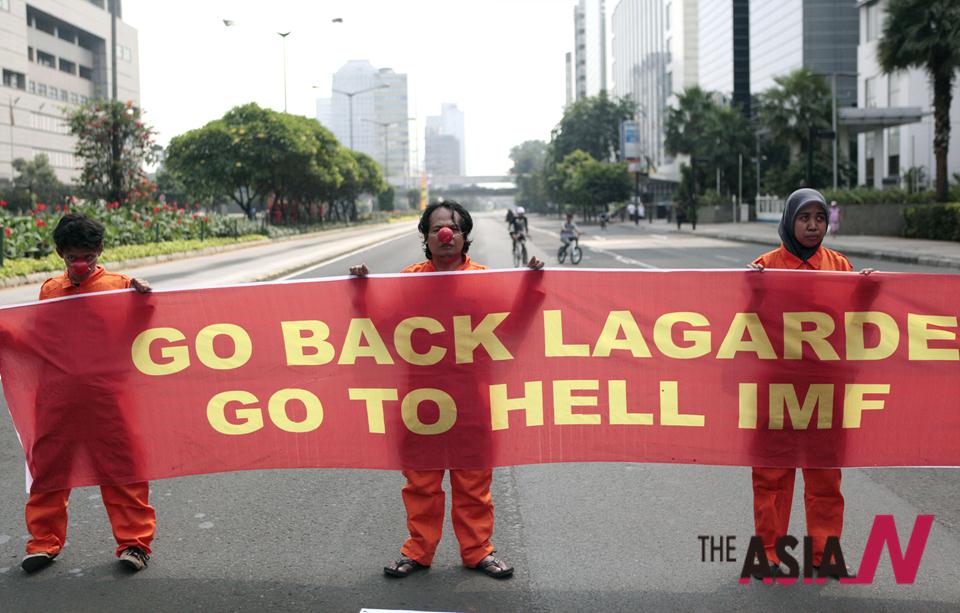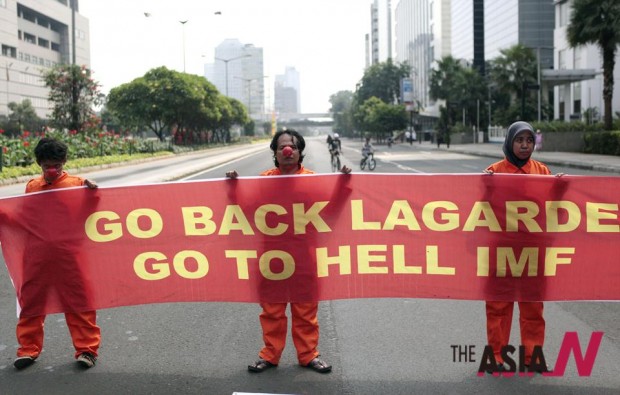
IMF calls on Indonesia to speed up infrastructure projects

JAKARTA, July 9 (Xinhua) — The International Monetary Fund ( IMF) has called on the Indonesian government to be more serious about its commitment to developing infrastructure, local media reported on Monday.
IMF Asia and Pacific department chief Sanjaya Panth said that one of the main factors hindering Indonesia from accelerating its infrastructure development was the lack of capacity among public officials.
“On the public side, there are capacity constraints … implementation has always been very low. Therefore, further efforts should be undertaken,” Sanjaya said, noting that the private sector had been waiting far too long for the implementation of the Land Acquisition Law.
The law basically provides more certainty for land acquisitions to support government-backed infrastructure projects. Land acquisition is the most vital element in developing infrastructure. Businesses have said that acquiring land is equal to between 75 and 85 percent of an infrastructure project’s completion, the Jakarta Post reported.
Based on the law, disputes over land acquisitions must be resolved within a 436-day timeframe at the most. This is considered one of the more progressive elements in the law because previously, disputes over land acquisitions sometimes took several years to resolve.
The government itself has pledged to accelerate infrastructure development and has launched the Master Plan for the Acceleration and Expansion of the Indonesian Economy (MP3EI).
On May 29, the then National Land Agency (BPN) head, Joyo Winoto, promised that the regulation would be issued before the end of June; however, so far, no regulation has materialized.
Sanjaya said over the weekend that the government really needed to be aware that they had to do more about infrastructure development because it would serve as a crucial long-term factor for Indonesia to maintain its economic growth amid the deepening global crisis.
Partly due to the slow progress of infrastructure projects, as well as the slowdown in the global economy, the IMF has revised the country’s economic growth to 6.1 percent this year, lower than the government’s target of 6.5 percent.


